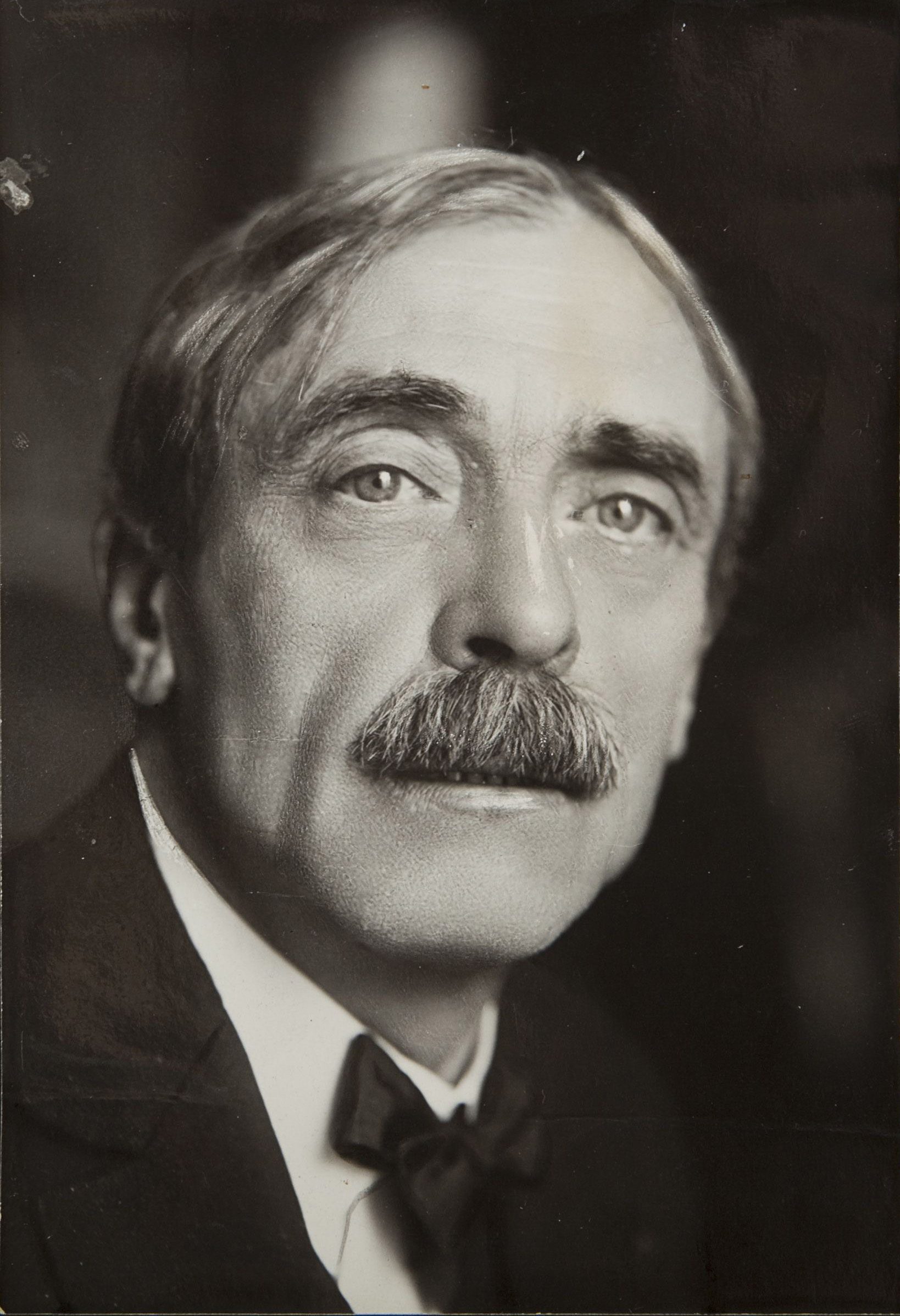Paul Valéry najznámejšie citáty
Paul Valéry citáty a výroky
„Nenávisť slabochov je menej nebezpečná ako ich priateľstvo.“
Prisudzované výroky

„Ťažkosť našej doby spočíva v tom, že budúcnosť už nie je tá, čo bývala.“
Potvrdené výroky
Zdroj: [9]
„Láska je ako mesiac: keď nerastie, zmenšuje sa.“
Potvrdené výroky
Zdroj: [KOTRMANOVÁ, Milada.: Perly ducha. Ostrava: Knižní expres, 1996 ISBN 80-902272-1-X]
„Bohužiaľ, budúcnosť už nie je tým, čím bývala.“
Varianta: Škoda: budúcnosť už nie je tým, čím bývala.
Paul Valéry: Citáty v angličtine
Socrates, p. 107. Ellipsis in original.
Eupalinos ou l'architecte (1921)
Beau ciel, vrai ciel, regarde-moi qui change!
Après tant d'orgueil, après tant d'étrange
Oisiveté, mais pleine de pouvoir,
Je m'abandonne à ce brillant espace,
Sur les maisons des morts mon ombre passe
Qui m'apprivoise à son frêle mouvoir.
As translated by by C. Day Lewis
Charmes ou poèmes (1922)
Zdroj: Regards sur le monde actuel [Reflections on the World Today] (1931), pp. 167-168
“If the state is strong, it crushes us. If it is weak, we perish.”
History and Politics http://books.google.com/books?id=7I82AAAAIAAJ&q="If+the+state+is+strong+it+crushes+us+If+it+is+weak+we+perish" as translated by D. Folliot and J. Mathews (1971)
“The being filled with wonder is lovely, like a flower.”
Lucretius, p. 163
Dialogue de l'arbre (1943)
Zdroj: Regards sur le monde actuel [Reflections on the World Today] (1931), p. 166
Le mal de prendre une hypallage pour une découverte, une métaphore pour une démonstration, un vomissement de mots pour un torrent de connaissances capitales, et soi-même pour un oracle, ce mal naît avec nous.
Introduction to the Method of Leonardo da Vinci (1895)
“In the Beginning was the Fable.”
Tityrus, p. 169, quoting "a philosopher whose name I have forgotten". The philosopher is Valéry himself, who used this phrase at the end of his essay on Poe's Eureka, and elsewhere (Dialogues, textual note on p. 195).
Dialogue de l'arbre (1943)
“Man's deepest glances are those that go out to the void. They converge beyond the All.”
Socrates, p. 141
Eupalinos ou l'architecte (1921)
"Recollection", Collected Works, vol. 1 (1972), as translated by David Paul
Variant translations:
A poem is never finished; it's always an accident that puts a stop to it — i.e. gives it to the public.
As attributed in Susan Ratcliffe, Concise Oxford Dictionary of Quotations (2011), p. 385.
A poem is never finished; it is only abandoned.
Widely quoted, this is a paraphrase of Valéry by W. H. Auden in 1965. See W. H. Auden: Collected Poems (2007), ed. Edward Mendelson, "Author's Forewords", p. xxx.
An artist never finishes a work, he merely abandons it.
A paraphrase by Aaron Copland in the essay "Creativity in America," published in Copland on Music (1944), p. 53
In the eyes of those lovers of perfection, a work is never finished — a word that for them has no sense — but abandoned; and this abandonment, whether to the flames or to the public (and which is the result of weariness or an obligation to deliver) is a kind of an accident to them, like the breaking off of a reflection, which fatigue, irritation, or something similar has made worthless.
Socrates, pp. 128–9
Eupalinos ou l'architecte (1921)
Zdroj: Regards sur le monde actuel [Reflections on the World Today] (1931), p. 58
Eryximachus, p. 46
L'Âme et la danse (1921)
Zdroj: Regards sur le monde actuel [Reflections on the World Today] (1931), p. 156
“The greatest liberty is born of the greatest rigor.”
Socrates, p. 131
Eupalinos ou l'architecte (1921)
Socrates, pp. 147–8
Eupalinos ou l'architecte (1921)
Socrates, p. 125
Valéry alludes to a famous pensée of Blaise Pascal: 'The eternal silence of these infinite spaces affrights me.' (Pensées, no. 201).
Eupalinos ou l'architecte (1921)
Eryximachus to Phaedrus, p. 43
L'Âme et la danse (1921)
But, further, since he who constructs or creates has to deal with the rest of the world and with the movement of nature, which both tend perpetually to dissolve, corrupt or upset what he makes, he must recognize and seek to communicate to his works a third principle, that expresses the resistance he wishes them to offer to their destiny, which is to perish. So he seeks solidity or lastingness.
Socrates, pp. 128–9
Eupalinos ou l'architecte (1921)
“My hand feels touched as well as it touches; reality says this, and nothing more.”
Originál: (fr) Ma main se sent touchée aussi bien qu’elle touche ; réel veut dire cela, et rien de plus.
Zdroj: Unsourced
“We have always sought explanations when it was only representations that we could seek to invent.”
Originál: (fr) On a toujours cherché des explications quand c’était des représentations qu’on pouvait seulement essayé d’inventer.
Zdroj: Unsourced
